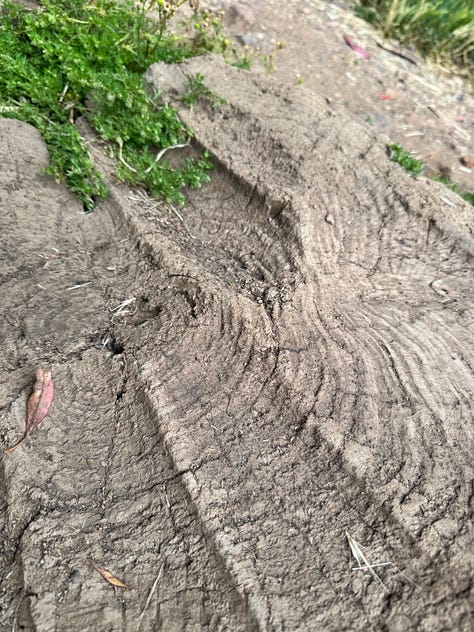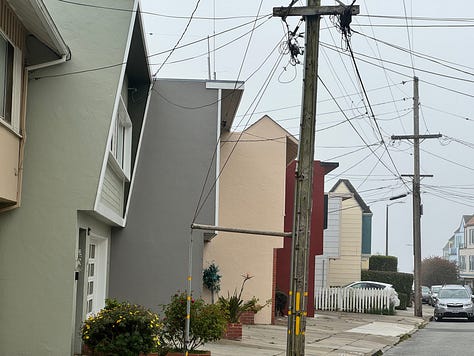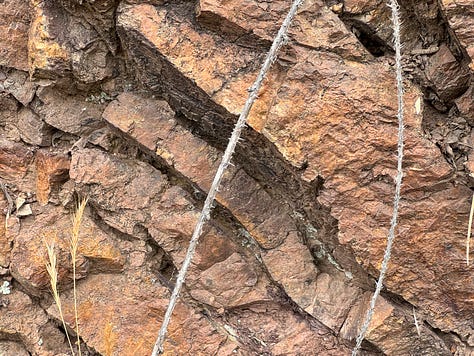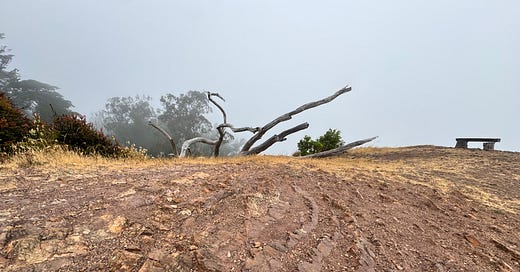We measure time in many ways—by years, generations, and centuries. Monarchies marked the reign of kings. Today, we use the quadrennial cycle of presidential administrations.
In sports, we recognize eras and dynasties. In music, evolving genres and successive styles. In art, new schools and movements. To make sense of our world, we contextualize experience into containers we can count, note, and sort.
And yet, time does not start and stop in tidy delineations. The end of one generation and the beginning of another is a porous boundary. We are all marked by the events we are forced to contend with, though they shape us differently depending on our backgrounds and circumstances.
All of us alive today must face the realities of this dangerous moment, but I can see how where we are in our lives affects our mindsets.
I hear from my parents and other baby boomers a deep despair about what has happened to a world order they once took for granted. They have a keen appreciation for what is being lost.
I see in my peers—grappling with mid-career decisions, childrearing, and the challenges of our own aging—a pervasive sense of dislocation and disorientation. How do we set a course for the next phase of our lives when so much is in chaos?
My children, who have only known a world infected by MAGA toxicity, have no lived memory of anything but this era of darkness. They’ve had to forge their early lives—navigating the tribulations of childhood and adolescence—amid the shockwaves of a pandemic and in a country where leaders spew hatred and undermine the image of the nation they study in school. I wonder how this will shape them—and how they, in turn, will shape the world.
A common technique scientists use to learn about the past is to take core samples of what has accumulated—whether glacial ice, sediments from the ocean floor, or the rings of a tree. By analyzing chemical compositions and structure, researchers can detect evidence of volcanic eruptions and sandstorms, nuclear bomb tests and droughts. Archaeologists are likewise careful readers of layers, delicately excavating across millennia to tell the stories of long-lost civilizations that speak only through what they left behind.
I wonder what layers we are now leaving behind—how the bands of our lifetimes will fit into the larger picture of what came before us and what will follow.
I live in the hills, near the geographic center of San Francisco. On my walks and drives, I often notice the rugged rock formations that rise dramatically from the landscape. These outcroppings are composed largely of Franciscan chert, a rock named after the city that now surrounds them. Even to someone like me, who knows next to nothing about geology, the clearly delineated lines of strata hint at its sedimentary origins.
It’s remarkable to think that this bedrock—where trees have grown, birds have nested, and the builders of this city carved steep streets and laid homes—was formed over a hundred million years ago by the accumulation of countless microorganisms settling on the floor of an ancient sea. Only much later was this landscape thrust upward by the tectonic activity that defines this volatile region.



I love walking these streets and through these rocks, scampering along the impressive web of trails in the nearby parks. Often, we are rewarded with spectacular views of this magical city, like the world-famous outlook at Twin Peaks. But recently, I’ve found myself spending more time observing what’s at my feet, reflecting on what it all means for our own troubled moment.
For us humans, who measure time by short trips around the sun, it’s hard to truly grasp the forces and timescales that shaped these hills. We can study plate tectonics and erosion, evolution and extinction, but we must also carry enough humility to acknowledge how much lies beyond our comprehension.
In today’s political discourse, there is a strong mix of cynicism and even fatalism. I do not minimize the danger or the damage. But as I look across what was once buried beneath an ocean, now cresting atop a sunlit horizon, I think about how the work we do now—imperfect and limited as it may be—can become the bedrock for a future we cannot yet imagine.





From your mouth to God’s ear ! We have to overcome this current evil - we simply must ! Too many lives and good intentions have conspired to produce this incredible nation. This nest of vipers must be eliminated and their hideous ideology totally debunked. Your parents are boomers but I am older. I remember putting a bumper sticker on my car in 1964 which said “Republicans for Johnson” in Orange County. California. It wasn’t defaced. I remember my younger brother serving in Vietnam while I hated the war - the very same Johnson now lying about the Gulf of Tokin. The magnificent crusade of Martin Luther King Jr. and all the events which have caused our current dilemma - the Watergate plumbers, the Iran hostage crisis, the welfare queen, September 11th, Citizens United until now. I hope I will see the beginning of a new national rebirth with hope and promise and optimism but if not, I still know it will happen.
Thank you, Elliot, for your words; words that come from a heart filled with a love for life.
I am only here for a little while, and so, it is my opportunity every day to find the dignity I have been endowed with and express it in a meaningful way. These times challenge me to support change without sacrificing the values that make me who I am and want to continue to be until the end. Will that be enough to help us make this a better world for ourselves and our children? I feel it will. We come from love and will return to love.